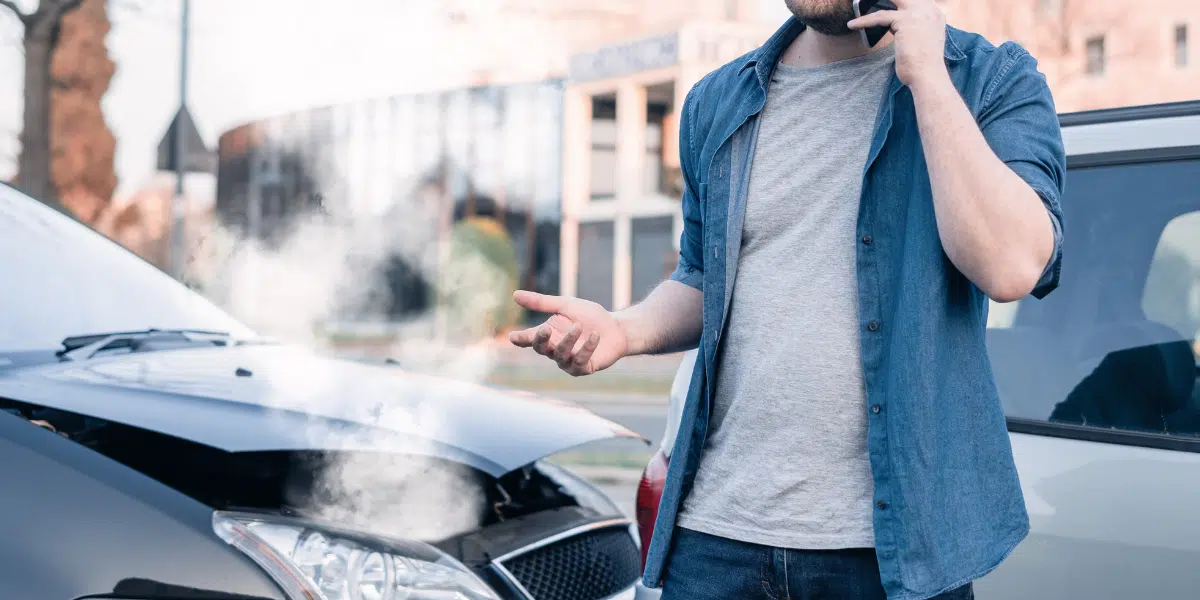
Content Reviewed by:
John J. Perconti
Content Reviewed by: John J. Perconti
John J. Perconti is one of the nation’s leading medical malpractice attorneys with over 40 years of experience litigating medical malpractice and personal injury cases in state and federal courts. He studied pre-med before law school, which gave him an in-depth understanding of complex medical issues that have played an important role in his success. Having lost his father at age nine, he understands how injuries and deaths affect families. He has won numerous multimillion-dollar record verdicts. His honors and awards include a Lead Counsel Rating in Elder Law, Best Lawyers in America, and Illinois Super Lawyers.
Being in a car accident can be frightening, painful, and devastating. But sadly for accident victims, the actual “accident” is rarely the end of the story. More often than not, accident victims are forced to swim in a deep pool filled with calls from insurance representatives, questions from police, and added stress and pressure that can result from the loss of a car. All of this does not even include the pain and life-altering consequences involved with physical injuries.
Making the Victim Whole
Under Illinois law, accident victims are entitled to just compensation for the pain and suffering inflicted upon them. In fact, Illinois courts consistently state that accident and injury law is “concerned with making the victim whole by making the tortfeasor [person at fault] pay[.]” Kunz v. Little Company of Mary Hospital and Healthcare Centers. But when so much is going on after an accident, how can victims know whether they are being treated fairly or not? How can they know whether they are being offered the type of compensation that makes them whole? These are the types of questions every accident victim should be asking after an accident.
Diminished Value of Property Part of “Making the Victim Whole”
Too often following an accident, victims accept only part of what they are entitled to from the person at fault or an insurance agent. Rarely, if ever, will those at fault offer what will truly make a victim whole. Part of every compensation offer should include the diminished value of the car involved in the car accident. It is no secret that cars with major repair histories or cars involved in accidents have a lower value than cars with no history. In our modern information age, many companies are now offering services that allow any car buyer or car dealership the ability to search a car’s history with a few clicks of the mouse. Elizabeth Leamy, of ABC News, wrote about this subject in a story where she reported that some managers of car dealerships will automatically reduce the offer for a car with frame damage repairs by 30 percent! Imaging owning a new car worth $20,000; after a major accident, that same car, with all the necessary repairs, could lose $6,000 in value. Astounding.
A Diminished Value Claim
Victims of car accidents should make a diminished value claim sooner rather than later. In Illinois, the statute of limitation on claims involving damages to property (in this case a car) is five years 735 ILCS 5/13-205. That means that a victim will have five years to get compensated for the diminished value of a wrecked car before that claim expires. But time isn’t the only hurdle victims face. Almost any settlement with an opposing party will contain an exclusion clause restricting a victim’s ability to make additional claims such as diminished value. Therefore, if a victim doesn’t make the claim up front, it is liable to be lost forever.
To ensure no claims are left expiring after an accident, it is very important to engage a qualified, professional attorney at Levin & Perconti. Having someone with experience in these matters will prove invaluable to every accident victim.



